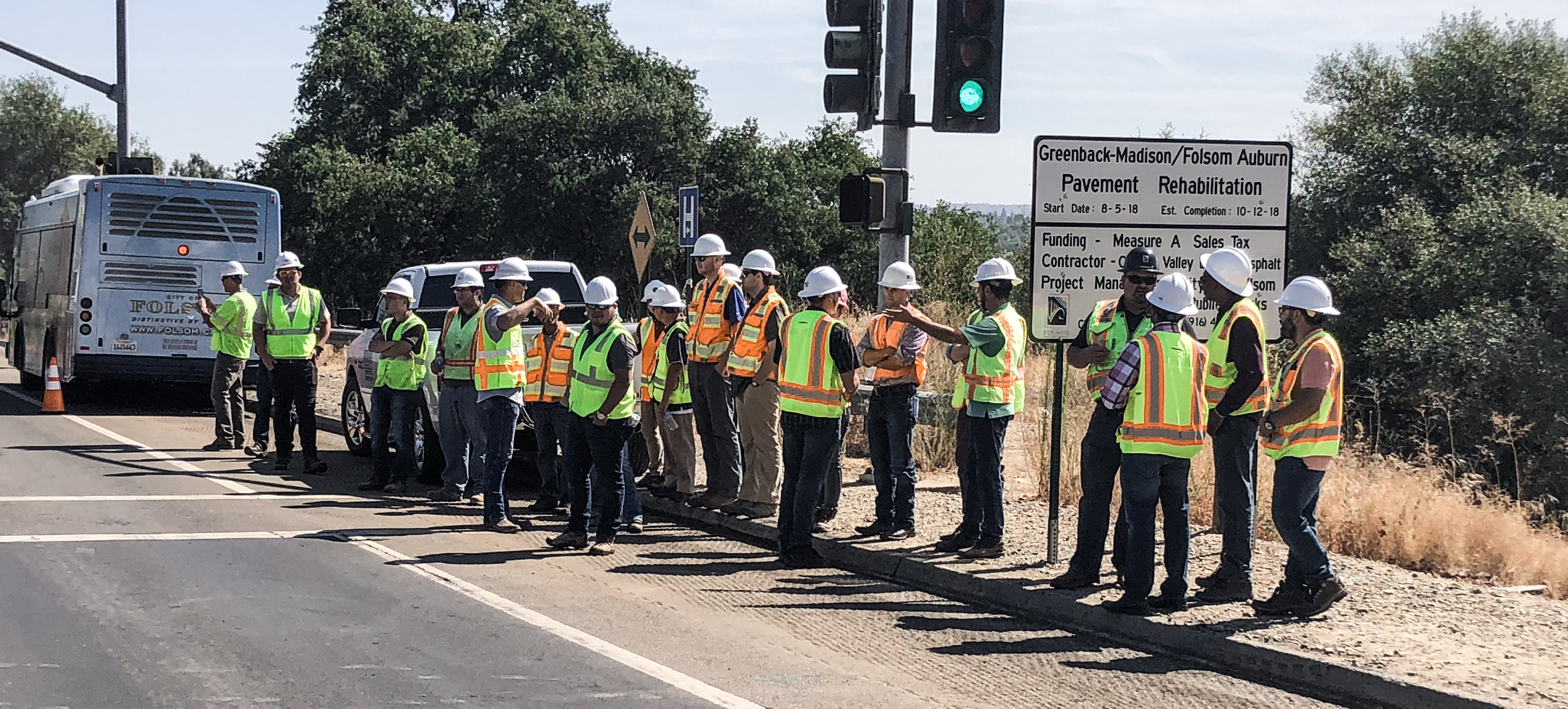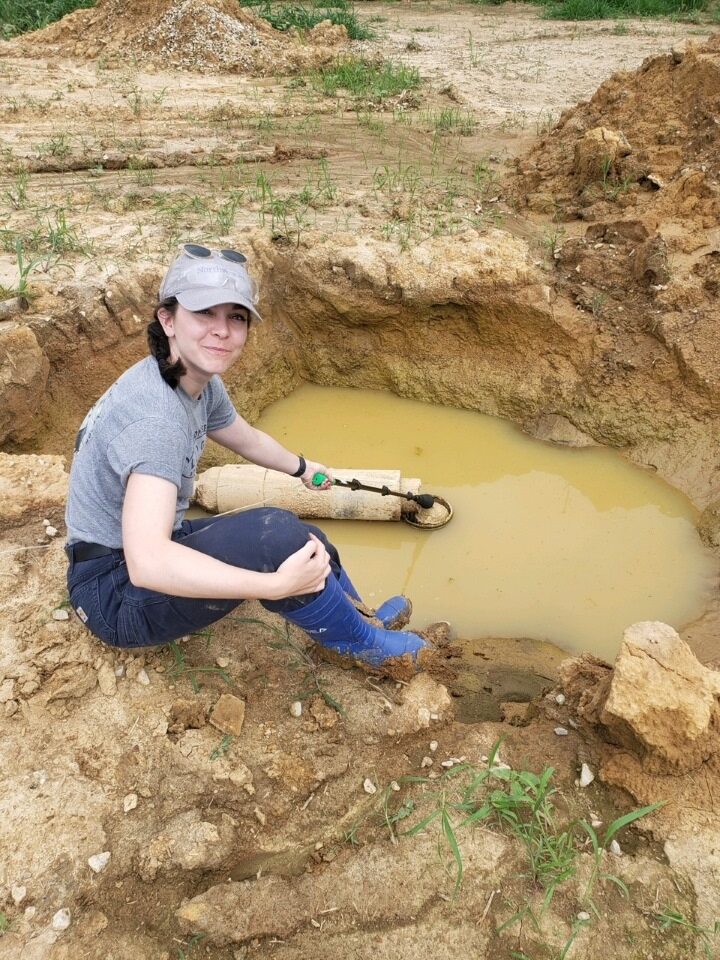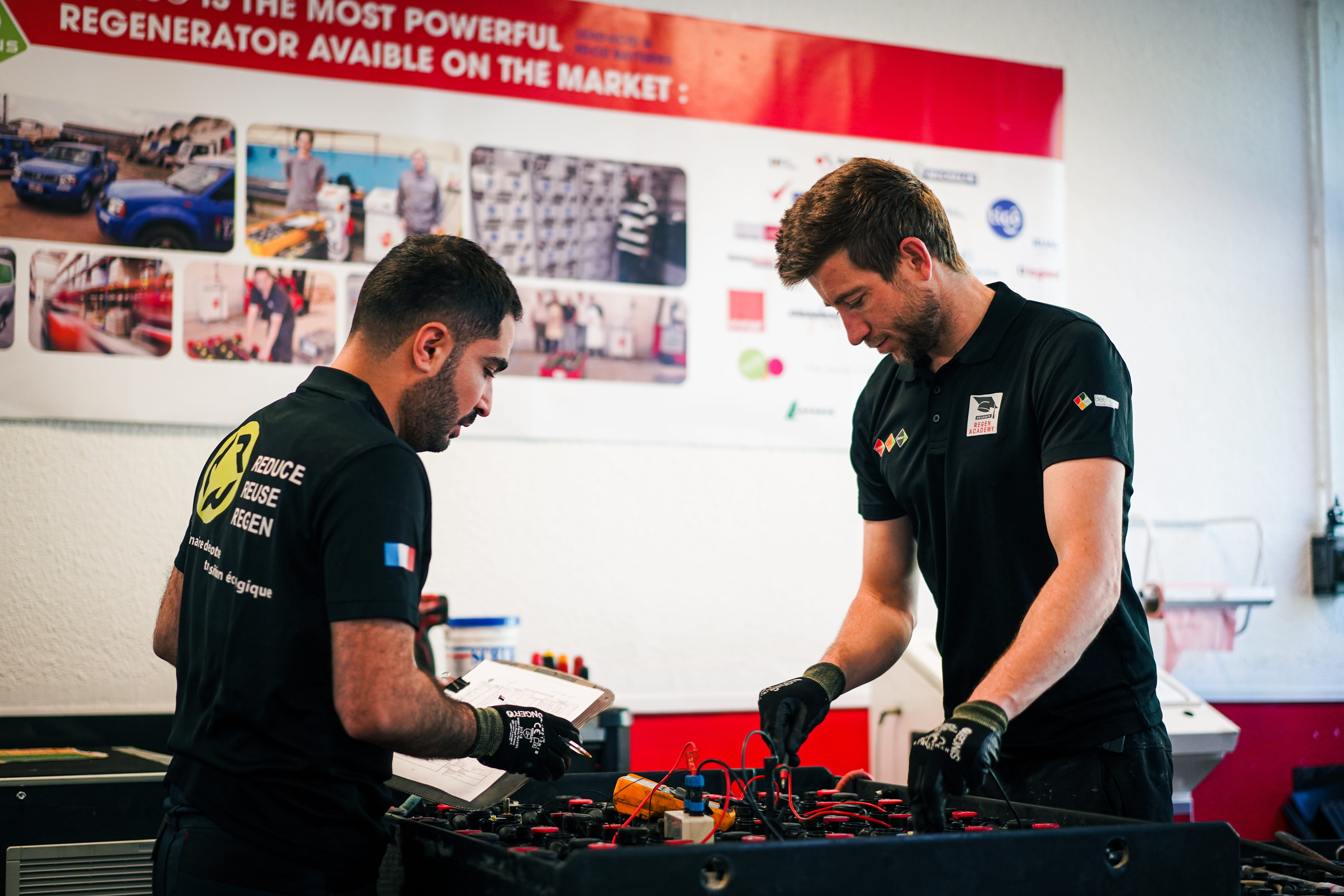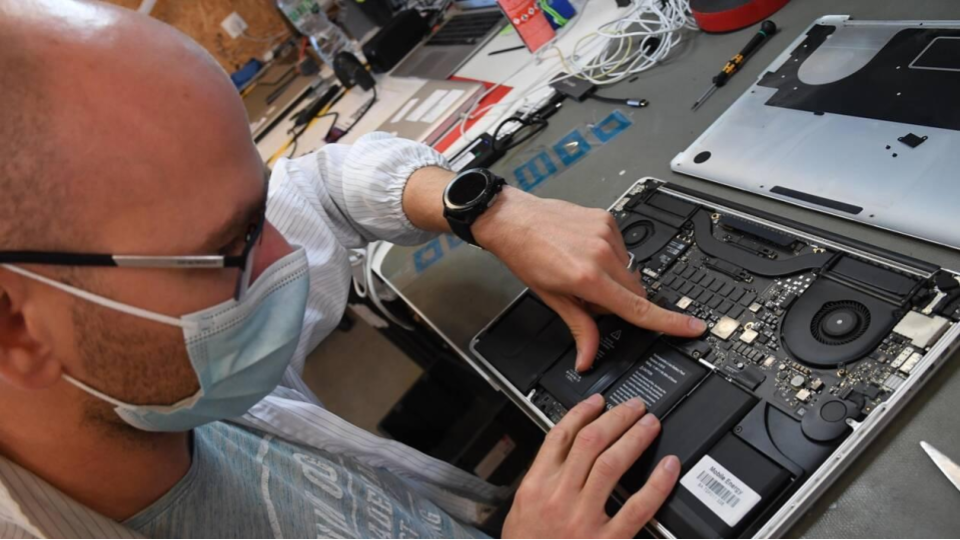I-64 Capacity Improvement Industrial Process Emissions
Roadway Recycling
Industrial Processes
プロジェクト概要
The Foam Stabilized Base (FSB) and asphalt emulsion mixtures project aims to engage road construction contractors in the United States to reduce greenhouse gas (GHG) emissions during the asphalt installation process by using FSB and asphalt emulsions instead of Hot Mix Asphalt (HMA). Prior to project implementation, road construction projects would have used typical HMA or Warm Mix Asphalt (WMA) installations, which have a significant GHG emission footprint associated with the mining of virgin aggregates, trucking the virgin aggregate to the mix plant, heating the mix to 310°F, and then transporting the mixed product at high temperatures to the job site.
FSB and asphalt emulsions, compared to the baseline HMA or WMA scenario, greatly reduce GHG emissions by:Recycling the existing roadway and eliminating the need for virgin aggregate mining;Eliminating the need for long-distance trucking of virgin aggregates; andNot requiring heating to high temperatures like HMA, which reduces GHG emissions associated with electricity, diesel, or natural gas consumption at the mix plant and during delivery to the site.FSB and asphalt emulsions are used in three pavement application processes: Cold-in-Place Recycling (CIR), Cold Central Plant Recycling (CCPR), and Full Depth Reclamation (FDR). CIR is a method of producing FSB/asphalt emulsion pavement mixtures using one or more mobile recycling machines for milling, asphalt production, and placement in a continuous operation at the project site, generally using 100% reclaimed asphalt pavement (RAP) from the existing pavement. CCPR involves producing FSB/asphalt emulsion pavement mixtures at a central mixing plant and transporting the mixture to the job site for installation. FDR is similar to CIR; however, it recycles the full depth of the existing pavement and a predetermined depth of the underlying sub-base on-site to produce the asphalt mixture.
These pavement recycling techniques enable agencies to optimize the value of in-place materials, minimize construction time and traffic flow disruptions, and reduce vehicle emissions from long traffic queues. In-place recycling and reclamation also reduce the number of construction vehicles entering and exiting the construction area and decrease neighborhood truck traffic.
NCHRP Synthesis 421 documented the following benefits of pavement recycling to address structural distress in pavements: (a) it reduces the use of natural resources; (b) it eliminates materials generated for disposal; (c) it reduces fuel consumption; (d) it reduces greenhouse gas emissions by between 50% and 85%; (e) it minimizes lane closure times; (f) it improves driver safety by enhancing friction, providing lane widening, and eliminating overlay edge drop-off; (g) it maintains height clearances, eliminating the need to adjust appurtenances; (h) it addresses existing material deficiencies such as moisture damage; (i) it reduces the costs of preservation, maintenance, and rehabilitation; and (j) it improves base support with a minimum needed wearing course.
The project activity quantifies the reduced GHG emissions associated with the use of FSB and/or asphalt emulsions as substitutes for HMA in asphalt construction projects. The project instances consist of existing highway roads in need of repair to extend their usable lifespan for vehicular traffic. The initial project instance is located in the State of Virginia on Interstate Highway 64 (I-64), which began construction in April 2018.
This group of projects is submitted in accordance with VCS methodology VM0039, Methodology for Use of Foam Stabilized Base and Emulsion Asphalt Mixtures in Pavement Application V1.0, which provides the requirements for pavement projects within the United States that use FSB and asphalt emulsions in place of traditional HMA to issue verified carbon unit credits (VCUs). This group of projects will include completed pavement projects that utilized FSB and asphalt emulsions and are located within the continental United States. Global Emissionairy, LLC is the project proponent. Ultimately, projects currently under design, construction, and future projects will be added under this project description.




